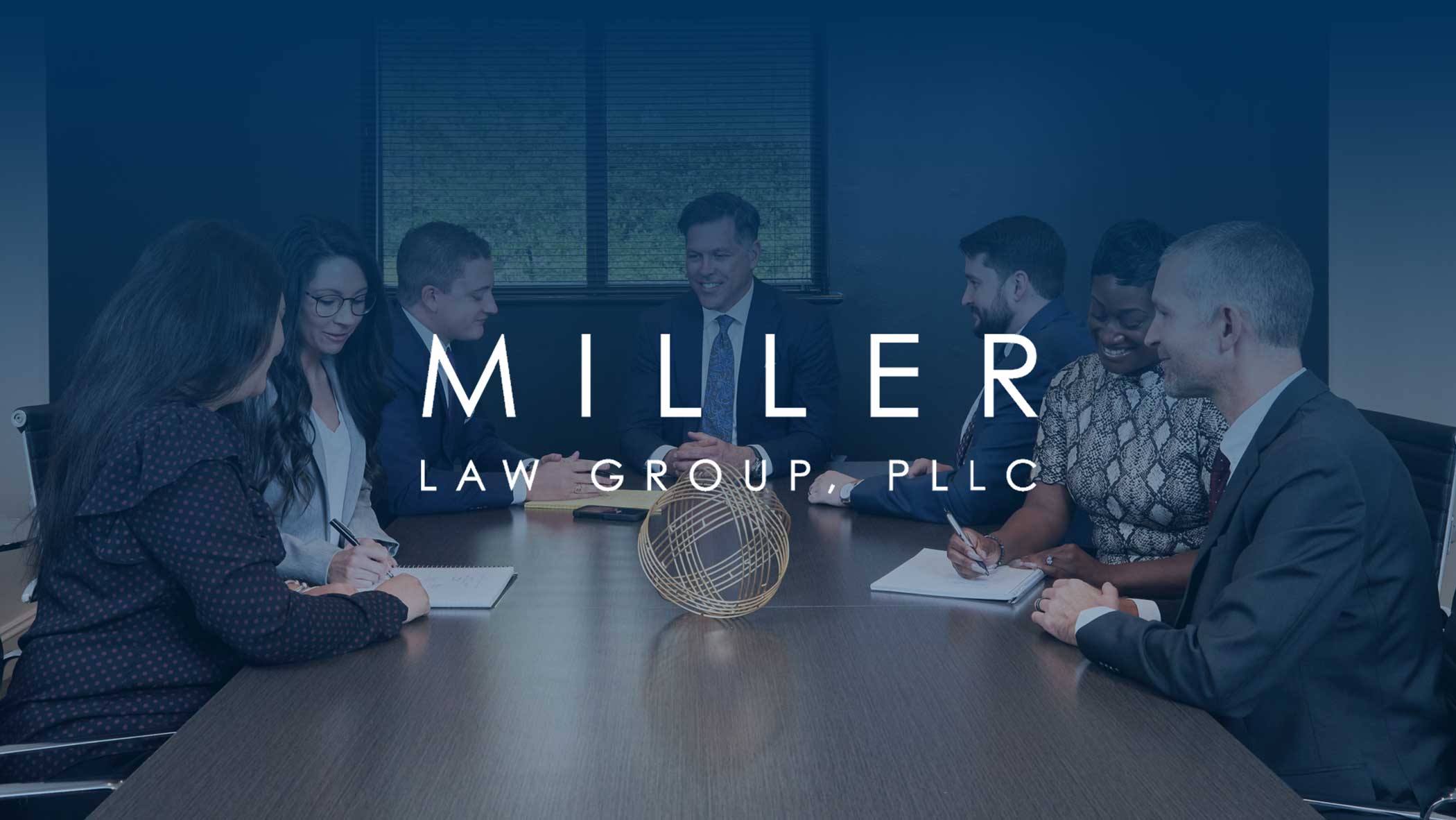Three Things All Whistleblowers Should Look For

The False Claims Act (FCA) and its state-law counterparts allow whistleblowers to combat fraud against the government and share in any recovery. If you’ve uncovered fraud, here are three important things to look out for while building your case:
- Proof of Scienter
The FCA requires whistleblowers to show that the defendant acted with scienter. Simply put, there must be evidence that the defendant “knowingly” defrauded the government. 31 U.S.C. § 3729(a).
Scienter can be proven in many ways. Often, whistleblowers raise concerns of possible fraud to the defendant and those concerns are ignored or dismissed. When these conversations are documented—whether through email or audio—whistleblowers have much stronger cases.
- Proof of the Fraud’s Scope
Whistleblowers who document pervasive fraud are more likely to receive government assistance. Because FCA whistleblowers are combating fraud against the government, the Department of Justice has the right to step in—or intervene in—whistleblower claims. See 31 U.S.C. § 3730(b)(2). This is much more likely when the fraud is extensive, warranting the expenditure of government resources.
While intervention does cede some litigation control to the government, it is highly beneficial. Claims where the government intervenes succeed at a significantly greater rate than other actions. When the government stands to recover more, it is more motivated to put its weight behind the whistleblower.
- Proof of Materiality
Showing that the false claim was material to the government’s payment is one of the largest hurdles in FCA cases. Materiality means that the false claim had a “natural tendency to influence, or be capable of influencing, the payment or receipt of money or property.” 31 U.S.C. § 3729(b)(4).
This proof often makes or breaks a FCA case. The Supreme Court in a recent case even warned that materiality standards are well known to the court and rigorously applied. Universal Health Servs. v. United States ex rel. Escobar, 136 S. Ct. 1989, 2004 n.6 (2016).
If you have uncovered fraud against the government, contact the whistleblower attorneys at Miller Law Group today for a free consultation.
Additional Resources:
Recent Developments in Whistleblower Protection
North Carolina False Claims Act
Medicare and Medicaid Fraud: The Reverse False Claim and the 60-Day Rule
Our Attorneys’ Practice Areas

